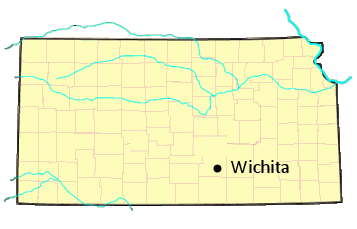| |
Stephen Yenser was born in Wichita, Kansas, in 1941 and is currently Distinguished Professor of English Emeritus and curator of the Hammer Poetry Series at the Hammer Museum.
He took his B.A. from the University of Wichita and his M.S. and Ph.D. from the University of Wisconsin at Madison. His most recent volume of poems is Blue Guide (University of Chicago Press). The Fire in All Things (LSU Press) received the Walt Whitman Award from the Academy of American Poets. His other awards include the B. F. Connors Prize from the Paris Review, an Ingram Merrill Fellowship, a Pushcart Prize, two appearances in the Best American Poetry series, two Fulbright Fellowships, one to France and one to Greece, and the Harvey L. Eby Award for the Art of Teaching at UCLA. He has also taught for a year at the University of Baghdad. He is the co-editor of five volumes of the posthumously published work of James Merrill. Merrill's Selected Letters is underway.
Return to Top of Page
|
|
|
| |
HOMECOMING AT LAMMAS
The August sun starts in against the green
And rugged Kansas grain.
The rented Dodge whines on through heat so candid
It puts last year, its palmy days of arak
And cloudy rhetoric,
Flatly in the shade. The very air
Above the pavement wilts, yet feed corn grows
In ranks of tasseled scarecrows
So tall a boy could lose his way in it.
The posted fields shoot past, glaring bad rhymes,
Flashing close shaves, cheap rooms,
The shrike’s barbed-wire kabob of bug and vole.
Poor, starchy soul, this dry plain seems to say,
Unsoiled habitué
Of souks, casinos, elevating tells,
There are certain states that you must work
Yourself not up but back
Down into. Like the first. Stop here, dig in,
Study the disc, the sprouting stump, cicadas,
And all of those old saws.
Acknowledge the corn: you’ve been plowing sand.
No root, no fruit. So come on down to earth—
Maybe you’ll spring up yet,
Giving as good as you are bound to get.
---From The Fire in All Things
WICHITA TRIPTYCH
Sometimes the rain shines
Just when the sun reigns,
And that was the way it is
Beyond those French doors
That late afternoon here
In this mind’s early evening
Where they still fade in
That cool color Polaroid,
Pastel shades of her prom dress,
A bowl of double peonies,
Promising, precocious,
Trying, trying to open.
*
Their friend and he were tight
Tight-rope walkers, self-taught
Taut-trope-talkers, stalking
Jamb-up, arm-in-arm
And caroling to lucky stars
Of cars, bars, and rebar,
The night a carousel
Of tryst and troth,
Of casual carousals,
Cocky arousals,
Pitching the dark to the dark.
(Streetlight and moth,
Reader, she married both.)
*
But then there he was,
In the morning’s mourning,
Soi-disant
Proustian mignon,
Aesthetic ascetic
And Kansas rube
Reducing his thought
To a bouillon cube
That no one hot
Ought ever pore over.
---from Stone Fruit
Return to Top of Page |
|
|





